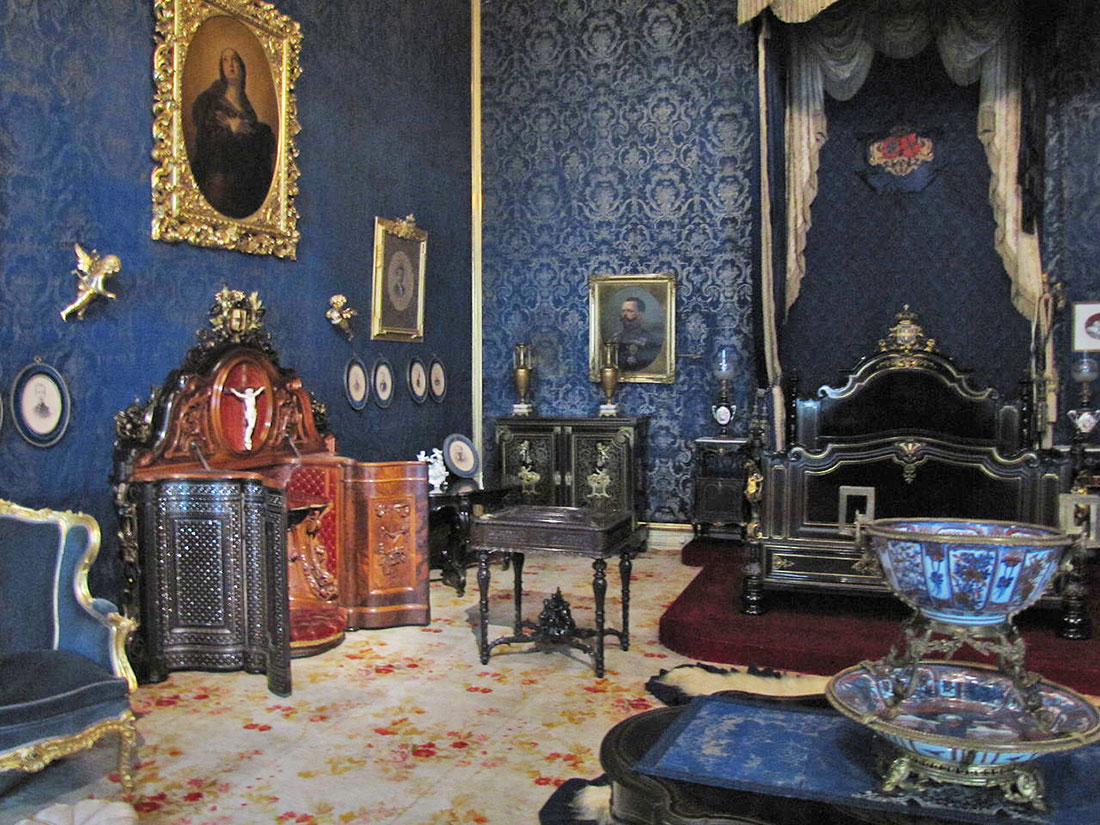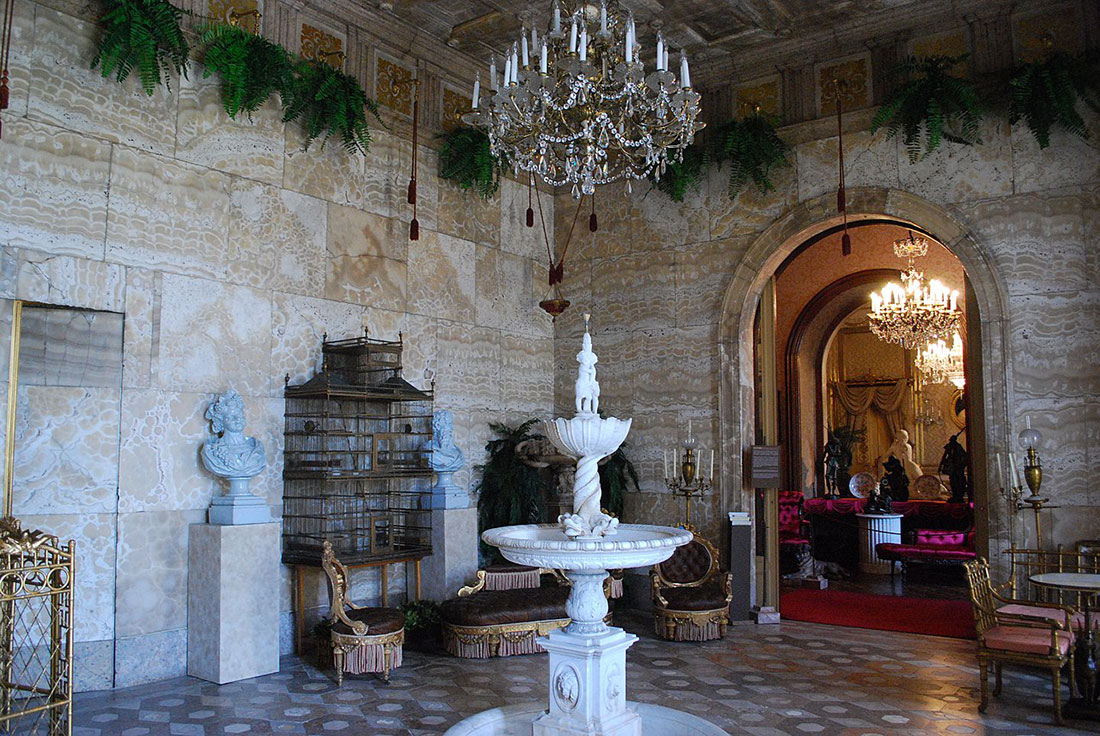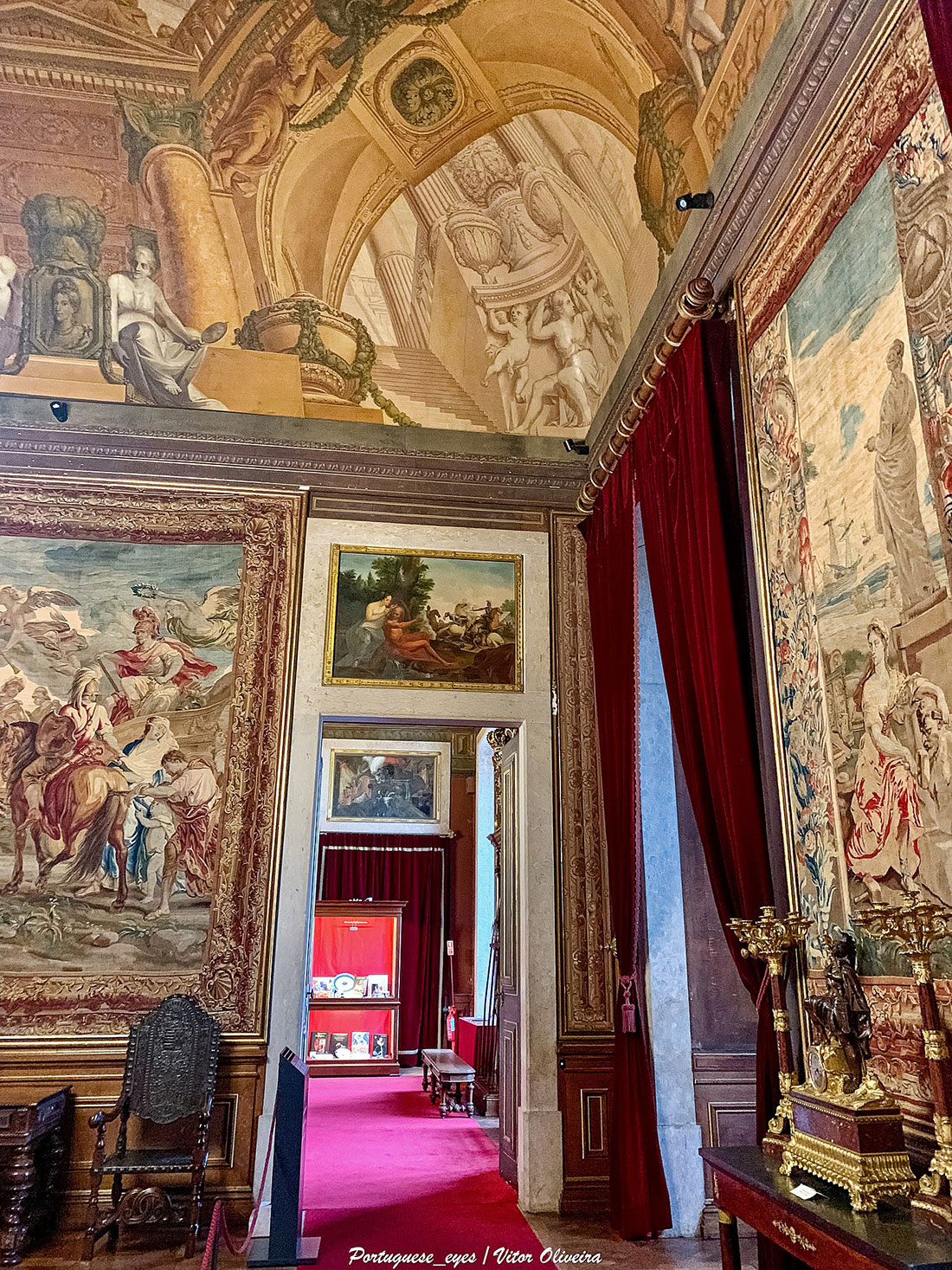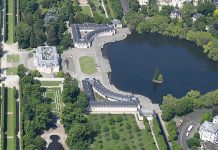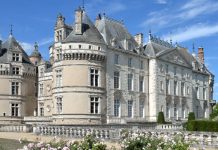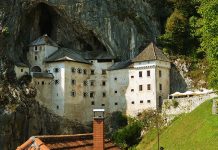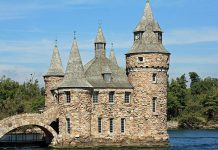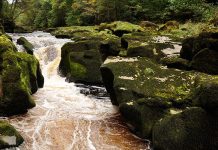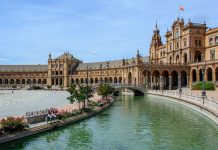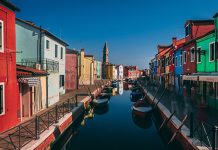The Royal Palace of Ajuda in Lisbon was built in 1795. After the royal waterfront residence was completely destroyed by the 1755 earthquake, the king decided it was safer to live on the hill. The site chosen was Ajuda, which was less affected by the disaster. The new residence, built of wood to better withstand earthquakes, became known as the Wooden Palace or the Royal Barracks. It was the seat of the Portuguese royal court from 1761 to 1794.
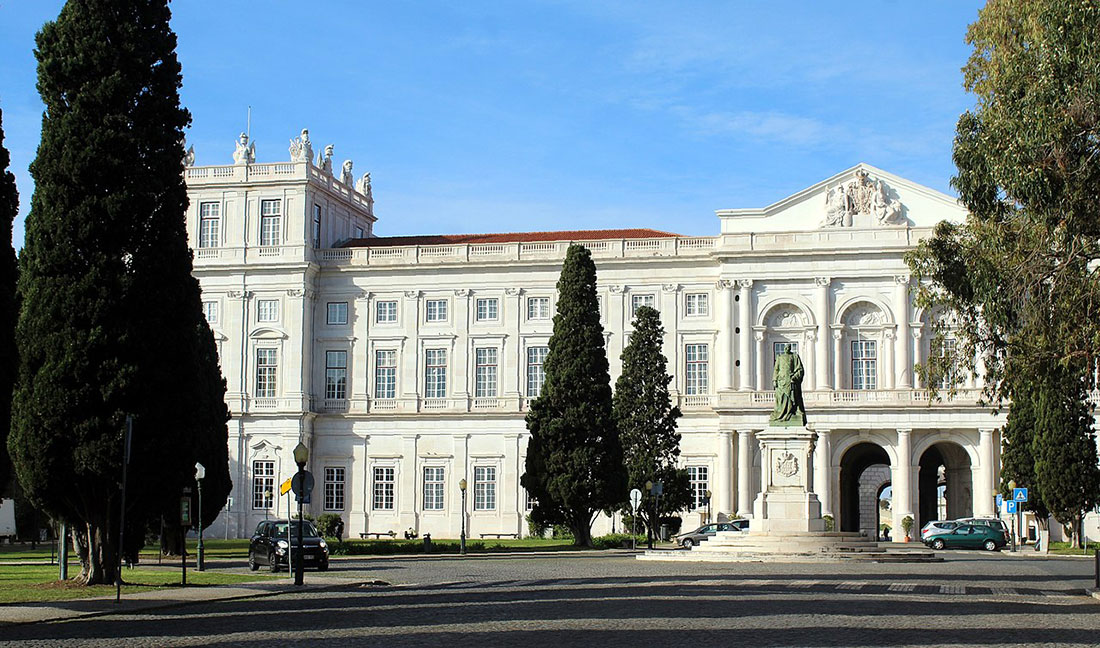
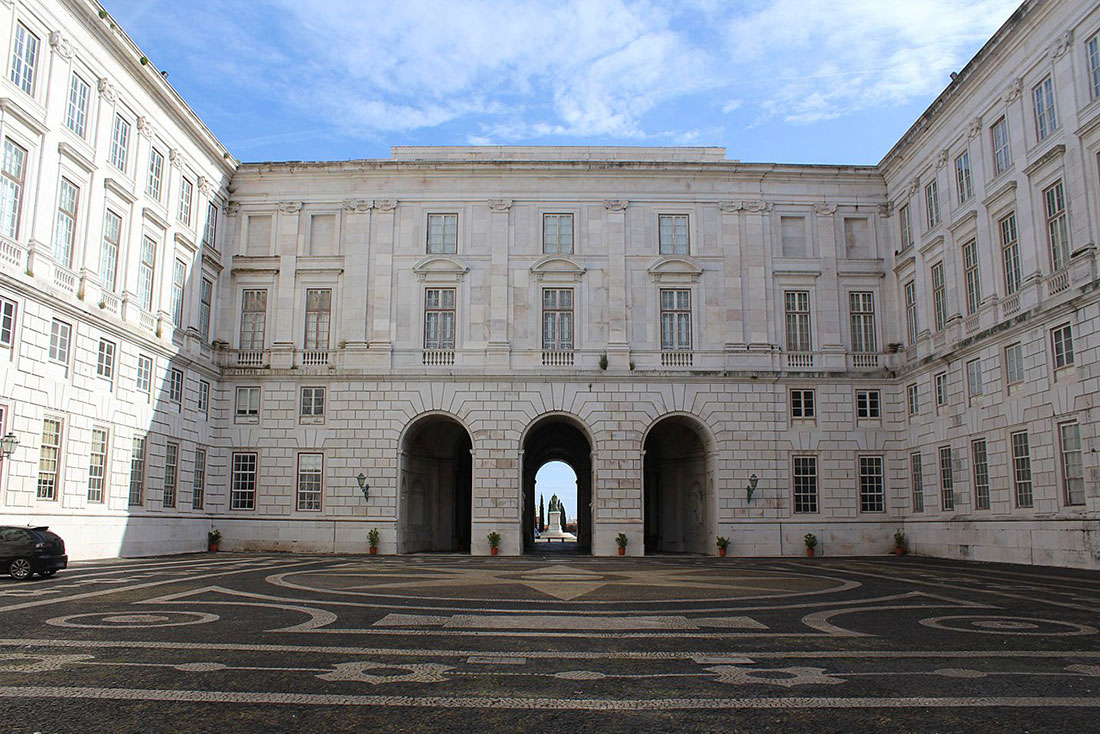
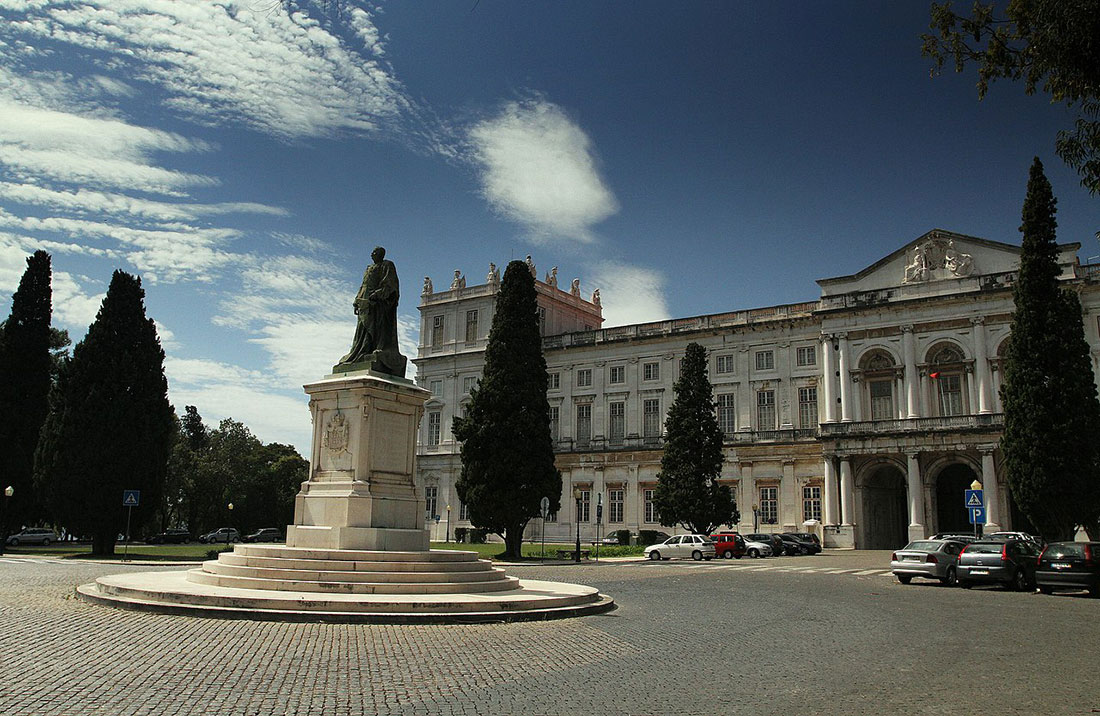
The Ajuda National Palace in Lisbon was the official residence of the Portuguese royal family from the ascension to the throne of King Louis I in 1861 and remained so until 1910, when Portugal became a republic
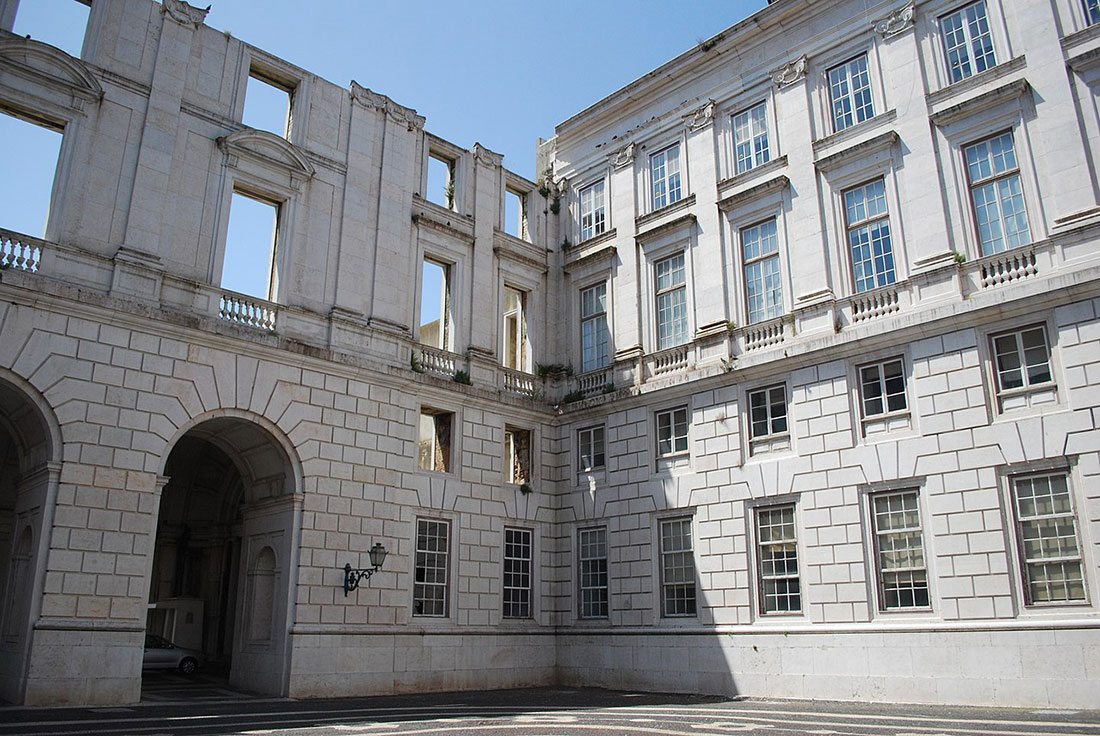
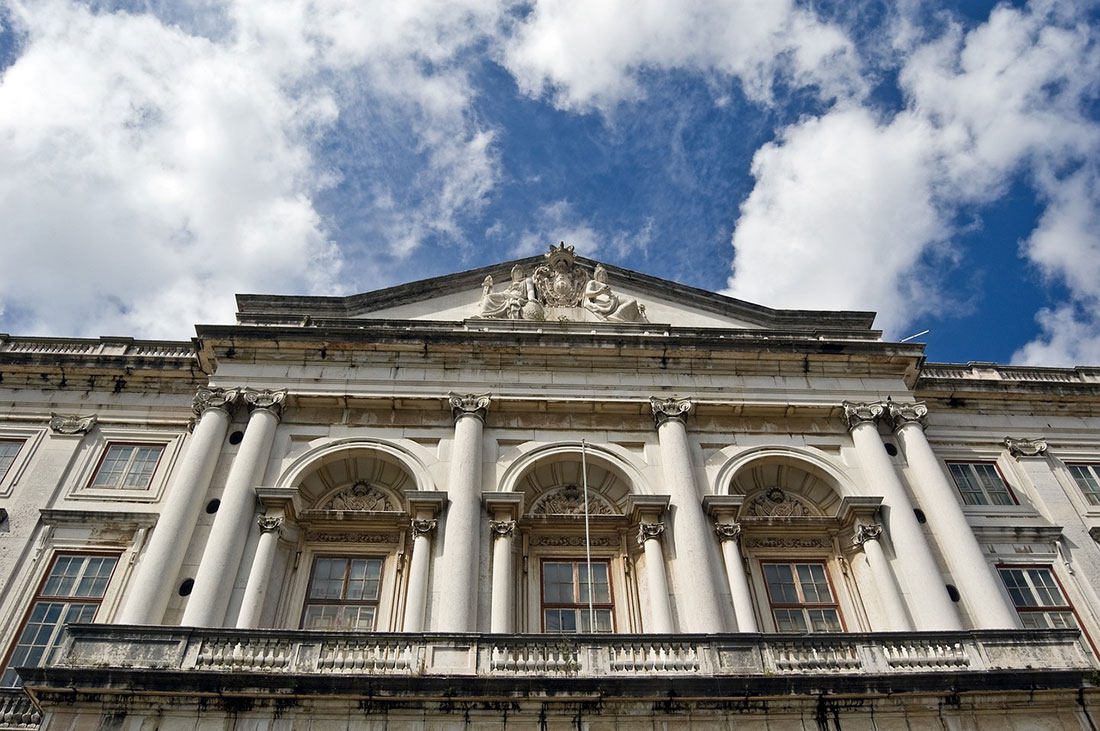
In 1794, under Queen Mary I, another disaster came to the royal residence: a powerful fire completely destroyed not only the royal house, but also a significant part of the valuables that were in it. Two years later (1796) the construction of a new palace was started. This time it was made of stone and in accordance with the fashionable architectural trends of that time.
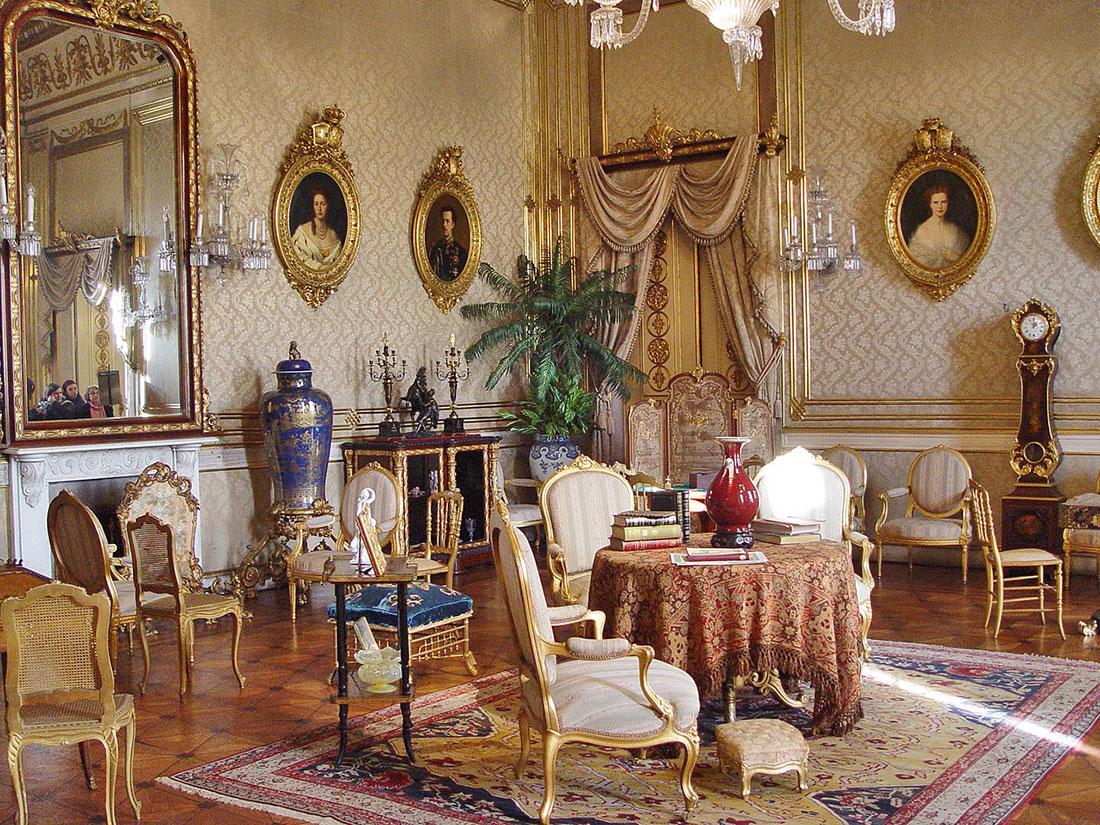
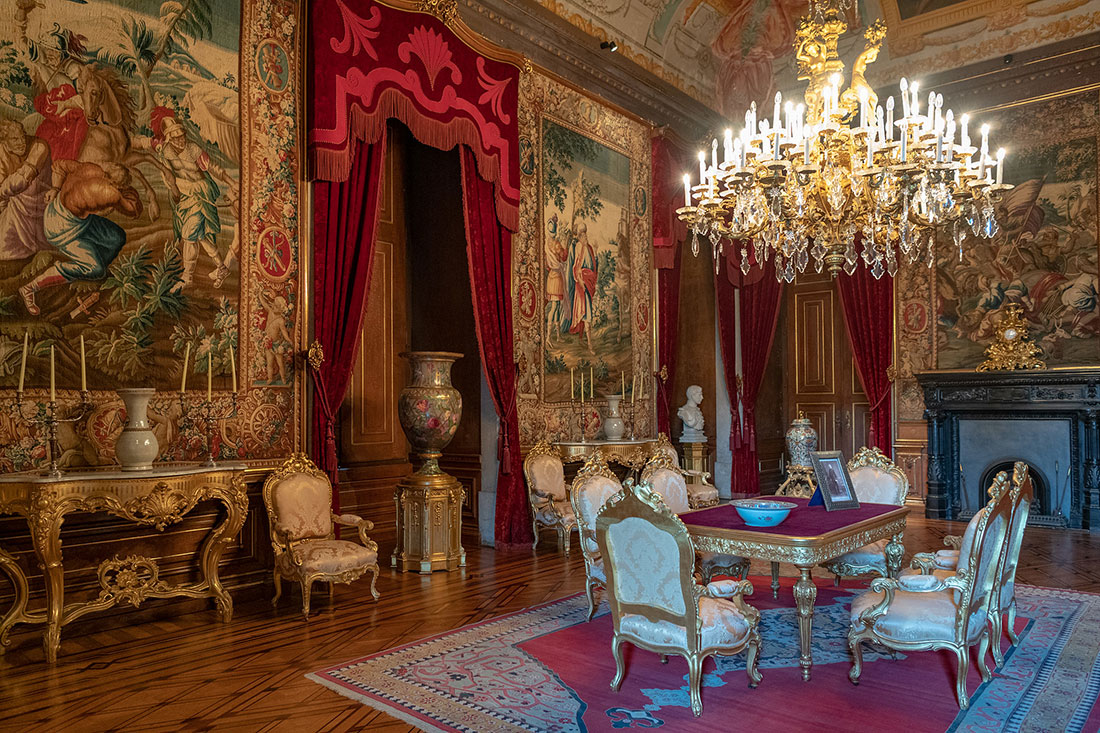
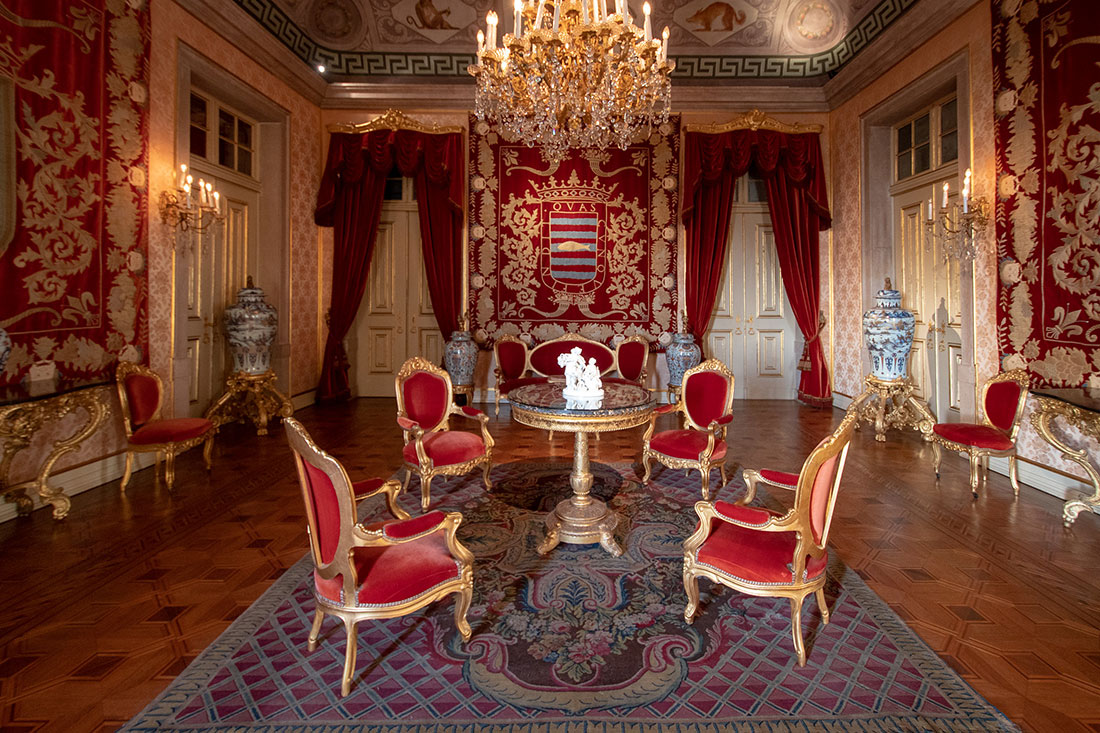
Five years later, construction was paused. The idea was to adapt it to the neoclassical style which was the new architectural trend of the time,. This task was never fully accomplished for many reasons, including the flight of the royal court to Brazil.
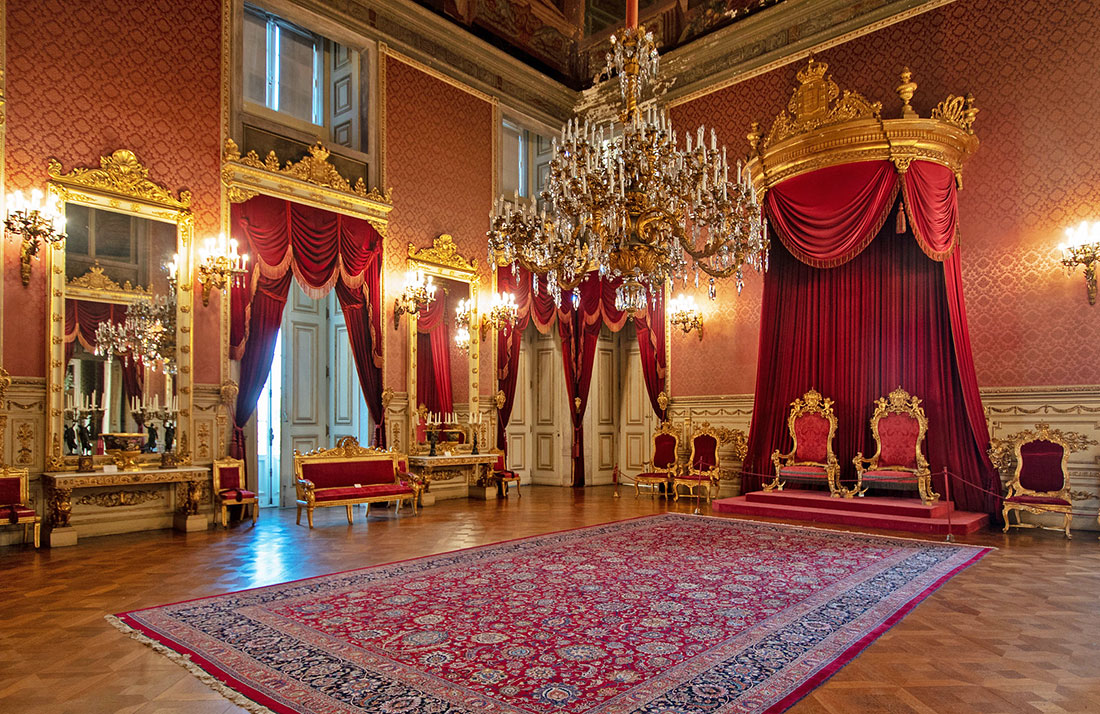
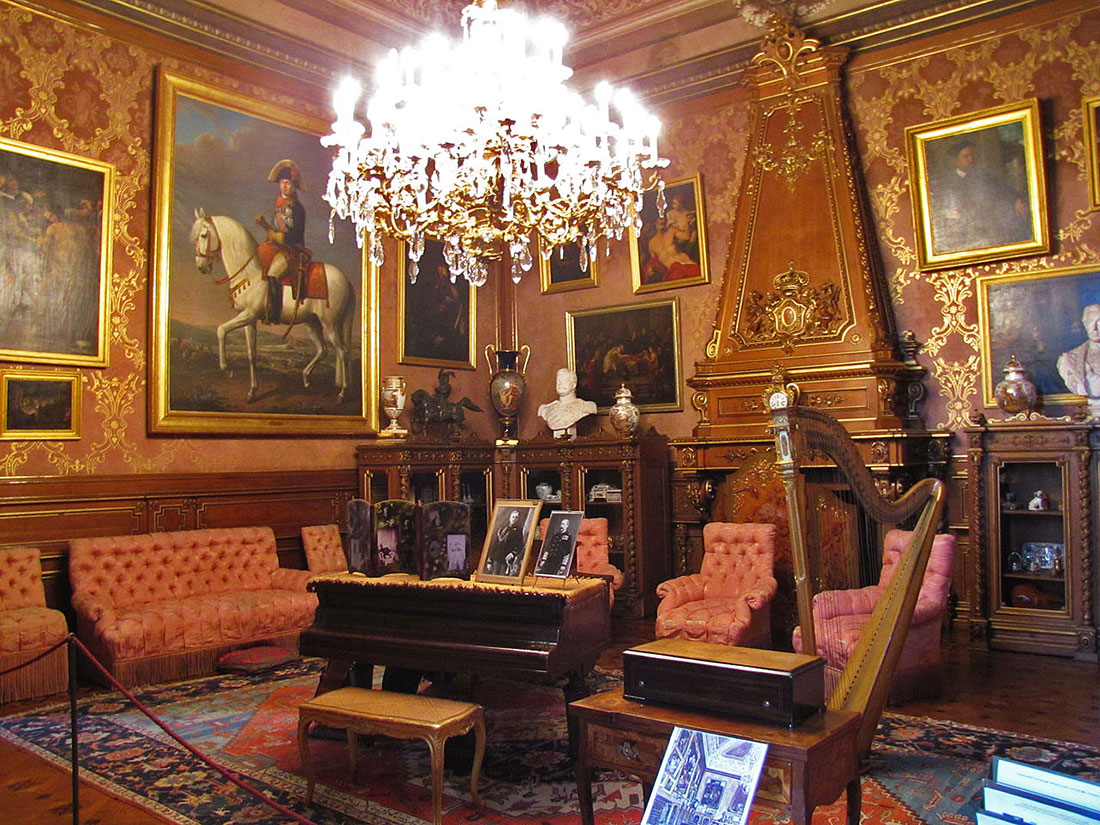
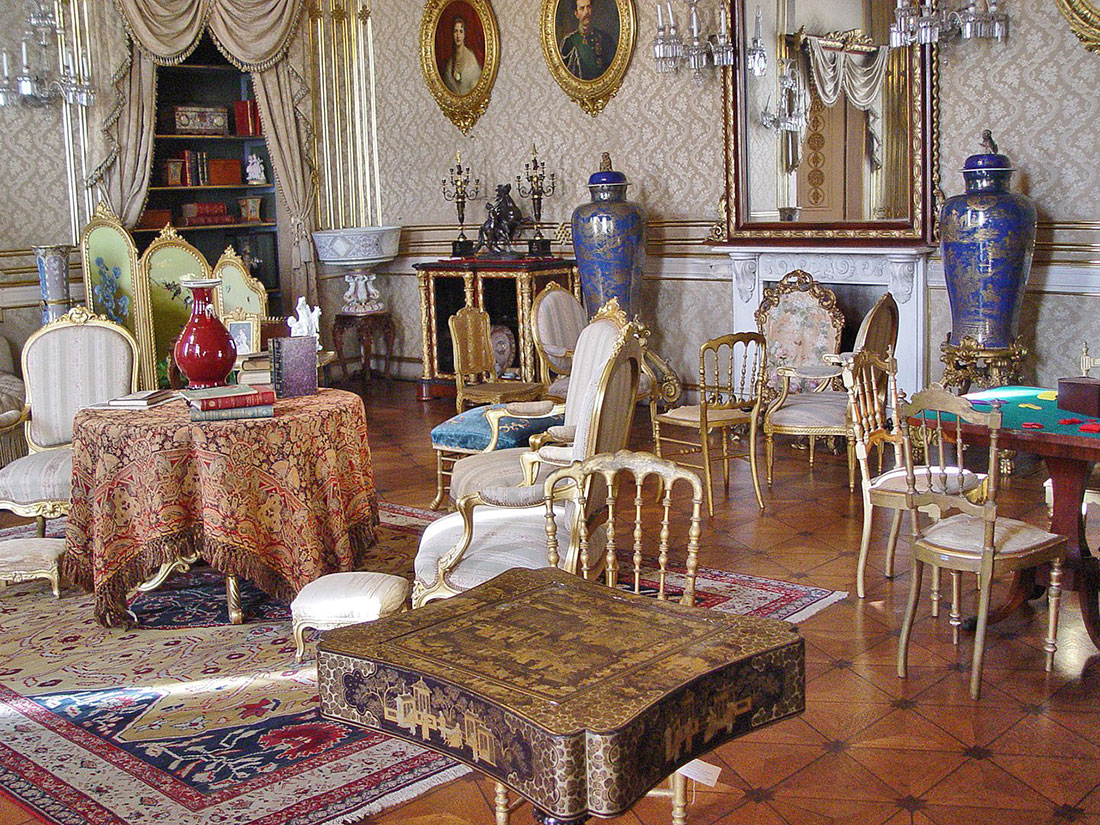
The palace, which became the last royal residence of Portugal, was supposed to be one of the largest in Europe and the world, with gardens descending to the river. However, only a fifth of the original project was completed. When Napoleon’s army invaded Portugal in 1807, the royal family fled to Brazil (and effectively ruled from the colony for several years), so construction was interrupted.
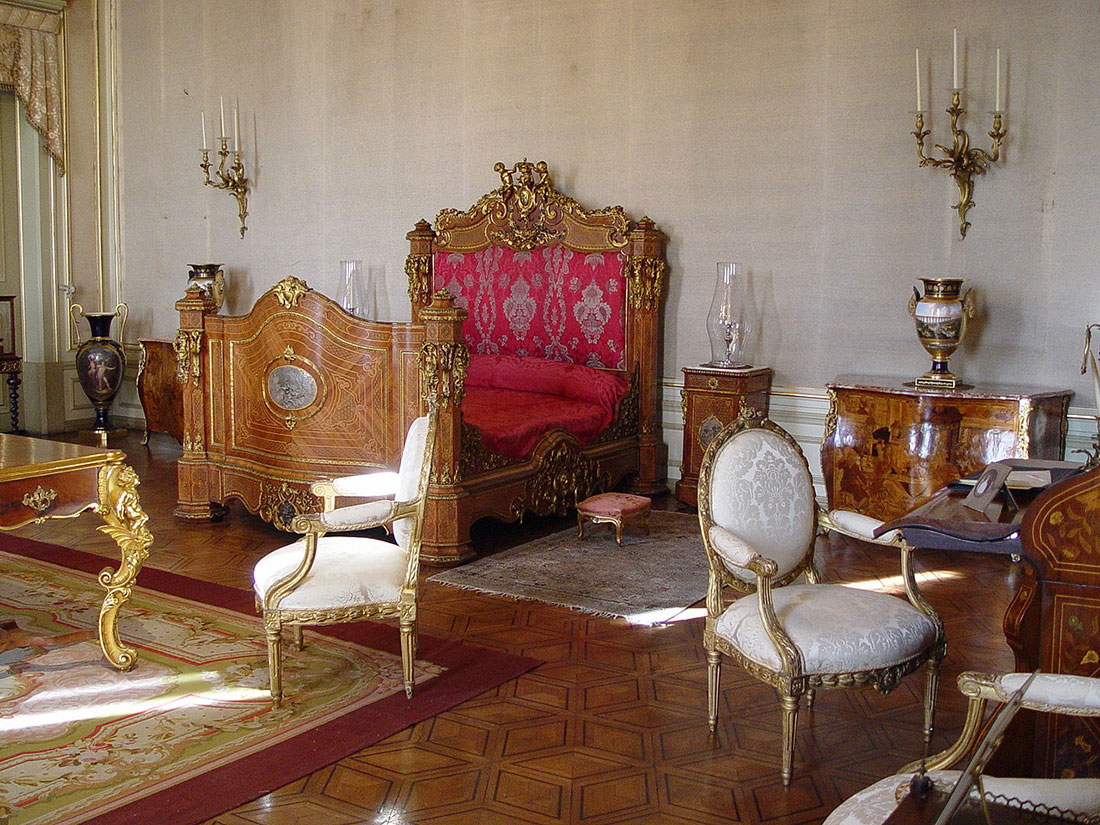
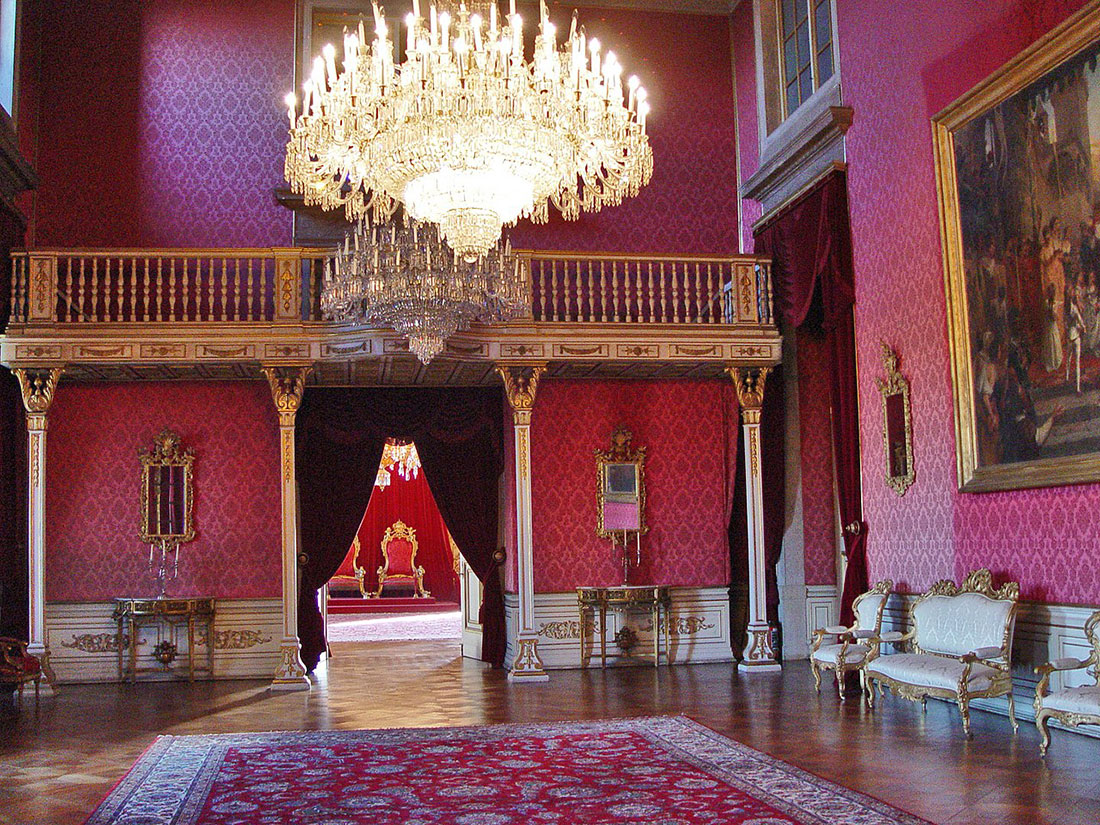
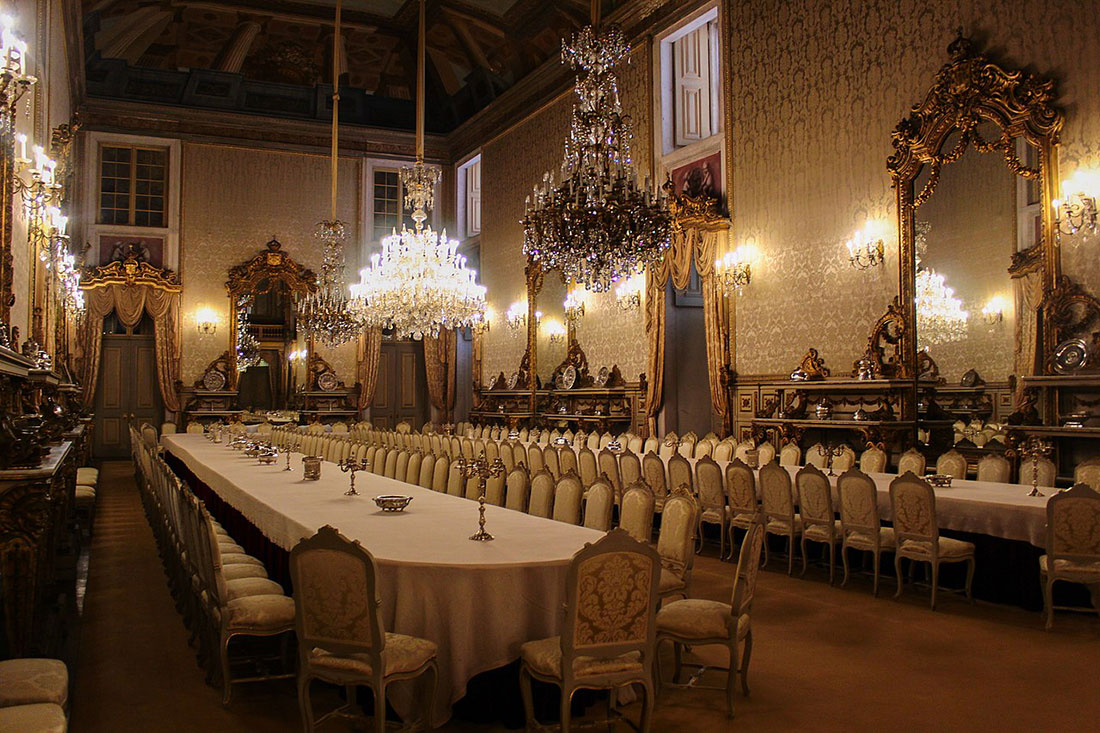
By the time the royals returned, many preferred the country to become a republic, which happened in 1910. This meant that the palace was no longer royal, so the neoclassical building was left unfinished and turned into a museum. It also occasionally hosts official ceremonies, but is generally open to the public.
